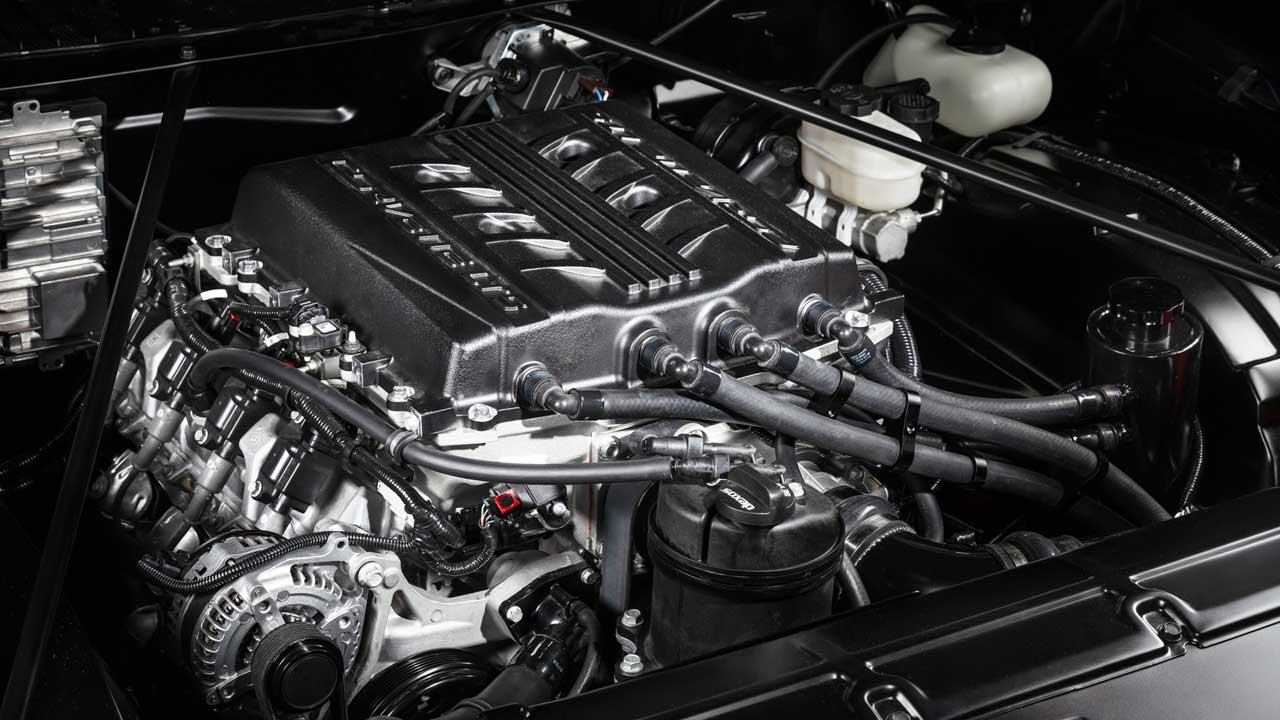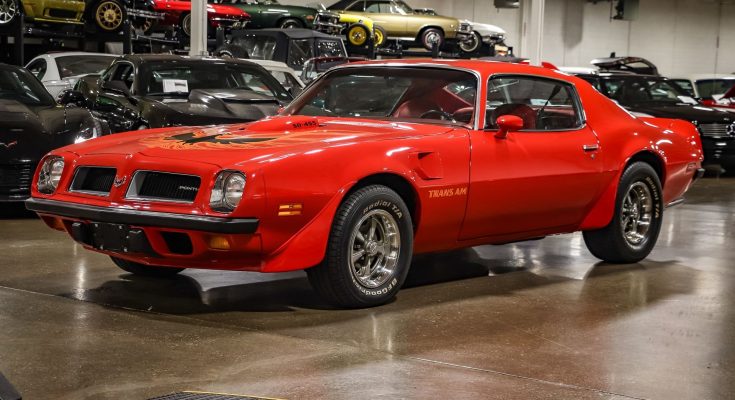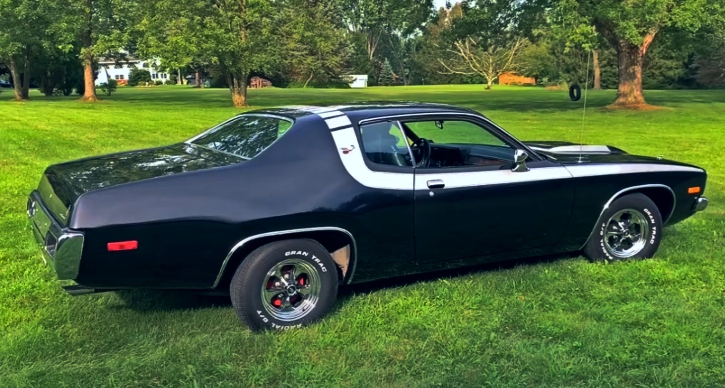General Motors has been investing billions of dollars in new production facilities for the supply of batteries for a future electric lineup. However, the automaker remains committed to its V-8 offerings and has recently announced the development of a new sixth-generation small-block V-8. The company believes that this move will help strengthen its full-size truck and SUV business, which points to the engine being designed primarily for these types of vehicles.
Investment in New Production Facilities
On Friday, General Motors announced its plans to invest $854 million in four U.S. production facilities to prepare them to build components for the new small-block V-8 engine. The bulk of the investment will go to Flint Engine Operations in Michigan, which will assemble the V-8 and key components like the block and crank, as well as handle machining of the heads. Other facilities that will build components for the engine include Bay City GPS in Michigan, Defiance Operations in Ohio, and Rochester Operations in New York. Some of these plants will also receive additional investments to prepare them for the production of EV components.
The current fifth-generation small-block family was launched in 2013 and includes engines like the LT2 6.2-liter V-8 that debuted in the C8 Chevrolet Corvette Stingray, as well as the LT5 supercharged 6.2-liter V-8 that powered the C7 Corvette ZR1. However, General Motors did not mention any details regarding the sixth-generation small-block during Friday’s production announcement, although rumors suggest that it may include some form of fuel-saving cylinder-deactivation technology.
General Motors’ Commitment to Electric Vehicles
General Motors has previously announced its commitment to a full-electric future, with a target date of 2035 for the conversion, at least for its light-duty lineup. This move aligns with the company’s sustainability and environmental goals, which involve minimizing the impact of its operations on the environment. According to Mary Barra, General Motors’ CEO, “We want to put everyone in an electric vehicle, and we have the ability to do it.”
While General Motors has been investing heavily in its electric lineup, it does not mean that it is abandoning its traditional internal combustion engines. According to Mark Reuss, President of General Motors, “Internal combustion engines are going to be around for a very long time. We’ll continue to improve them and make them as efficient as possible.”
Industry Trend Towards Electric Vehicles
While General Motors’ commitment to a full-electric future is commendable, it is not alone in this trend. Other major automakers have taken a more aggressive stance, with Audi planning to launch its final internal-combustion car in 2026. Mercedes-Benz has also said it wants to be electric-only by around 2030.
These moves by automakers align with the increasing demand for sustainable and eco-friendly transportation options, particularly in the wake of climate change concerns. The transition to electric vehicles is also encouraged by various governments worldwide through incentives and regulations. For example, the UK has announced its plans to ban the sale of new petrol and diesel cars by 2030.

















